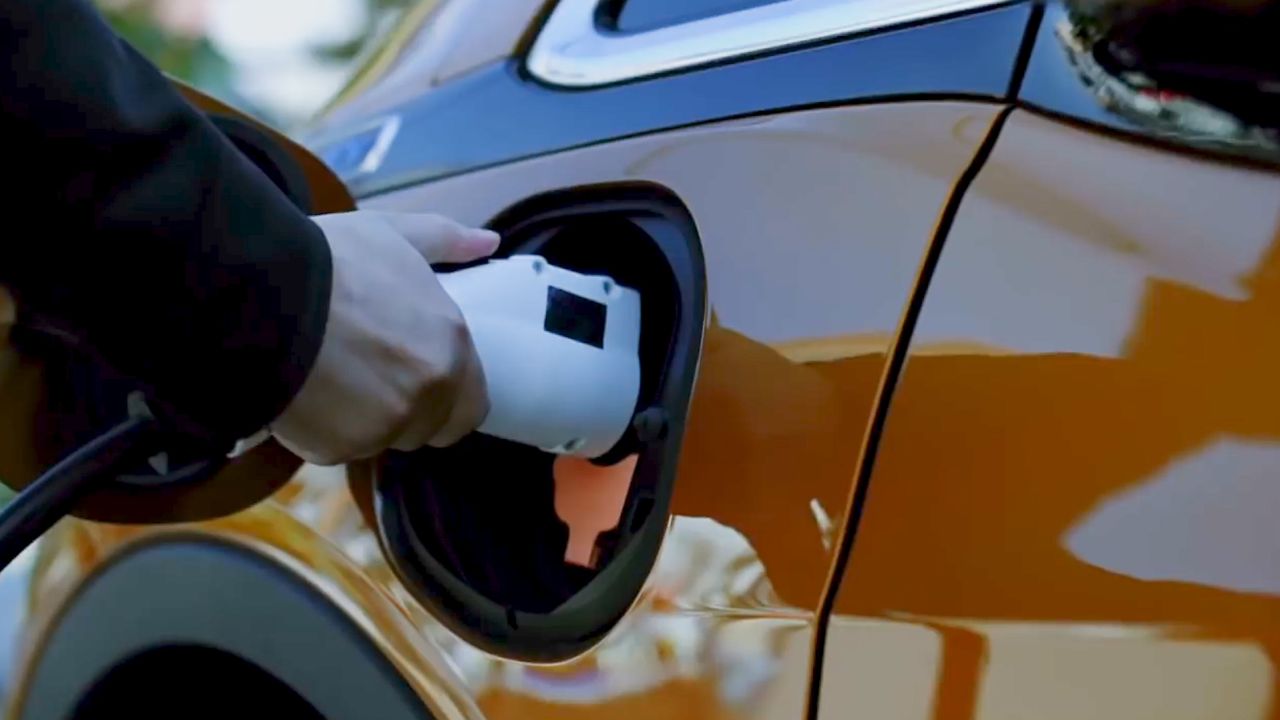Nearly a century of leaded gasoline use on roads around the world has come to an end, the UN Environment Programme announced Monday, after Algerian service stations stopped selling the fuel last month.
Leaded gasoline — which contains the compound tetraethyllead and is linked to serious health problems — was first patented for use in 1922, allowing cars to use higher compression ratios, making them more powerful. By the 1970s, it was present in almost all gasoline worldwide.

But the consequences were disastrous, and were only fully understood after cases of lead poisoning in the United States emerged. Researchers found that even low levels of lead exposure affected the human brain, particularly in children, sometimes reducing their intelligence levels and slowing reflexes.
The fuel was also linked to heart disease, stroke and certain types of cancers.
The announcement is the result of nearly two decades of campaigning by the Partnership for Clean Fuels and Vehicles, led by UNEP. The campaign began in 2002, when 117 countries were still using leaded gasoline.
“The successful enforcement of the ban on leaded petrol is a huge milestone for global health and our environment,” the UNEP’s Executive Director Inger Andersen said in a statement.
The United States first moved to phase out lead in gasoline in 1973, and a number of other countries followed suit.
Banning the use of leaded fuel in road vehicles has prevented more than 1.2 million premature deaths per year, according to UNEP. It has also improvedintelligence levels among children and saved$2.45 trillion for the global economy annually, a study by California State University suggested.
But the end of its use in road vehicles after 99 years doesn’t mean lead has been phased out in all fuels, and lead poisoning is still a health concern, particularly for children.
The aviation industry continues to burn Avgas, a fuel containing lead, to power piston engine small aircraft used for personal and business travel, flying lessons, farming and fire-fighting.
“We have to say though, that in terms of the lead load, it is a lesser load than what we saw in the transportation fleet. That does not mean it’s not important,” Andersen said at a news conference.
And what has followed leaded gas hasn’t necessarily been good for health either: In many parts of the world, the phase-out has meant a greater reliance on diesel, which is also hazardous to health and the environment.
Phillip Landrigan, who worked on research that resulted in the US banning leaded gasoline, said motor fuels needed to be banned entirely.
“Diesel has negative effects on public health — absolutely anything that causes cancer and causes respiratory irritation and asthma, which diesel exhaust does, is bad for public health,” he told CNN.
“We really need to get off gasoline. We really need to get off diesel, to the extent possible, as rapidly as we can,” Landrigan said, adding that the world should now focus on transitioning to electric vehicles.
Electric vehicles are growing in popularity in many developed countries, including the United States, China and much of Europe. When powered by renewable energy, they can contribute to a significant reduction in global greenhouse gas emissions and will cut out the health impacts linked to the use of gasoline and diesel.
Nearly a quarter of energy-related global greenhouse gas emissions can be attributed to the transport sector, according to UNEP, a share that is on track to grow to one-third by 2050.

























